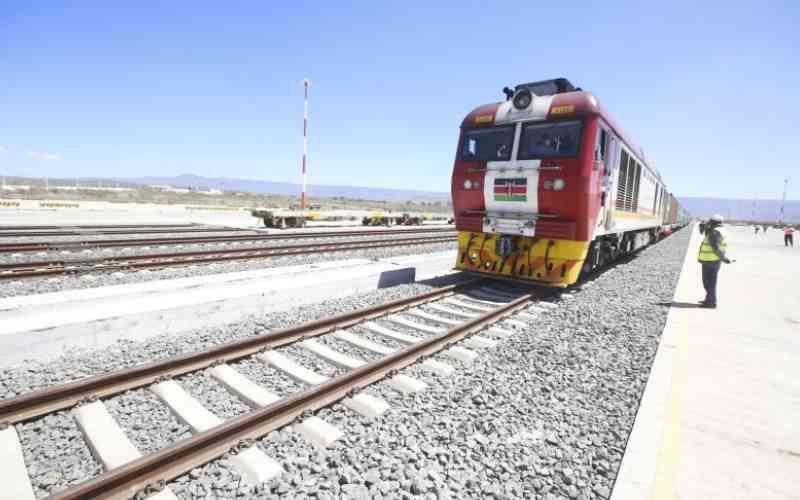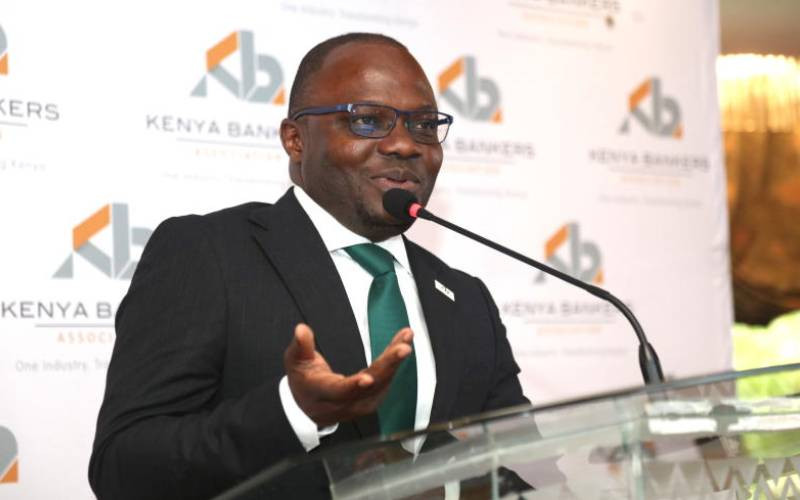×
The Standard e-Paper
Home To Bold Columnists
A decision by Kakamega Governor Wycliffe Oparanya two weeks ago to acquire parcels of land for a public cemetery has shone the spotlight on the state of the country’s graveyards, even as cases of Covid-19 soar and fears of more deaths become a reality every day.
But as Oparanya was looking for more space, it has emerged that in Mt Kenya, public cemeteries are idle and hardly used as residents stick to long-held tradition of taking remains of loved ones home for burial.







